 Research is an important part of writing, both non-fiction and fiction. For most writers of non-fiction it isn’t even questioned – you are writing about real places, real people, real events, or real stuff so you need to make sure all your facts are correct. Even if you’re writing a memoir – no one’s memory is perfect enough that you wouldn’t have to check at least a few facts during the writing. And since no one ever knows every minute detail even when you’re living through events, then writing about anything current would require some research. And for anything in the past, then historical research would be a must.
Research is an important part of writing, both non-fiction and fiction. For most writers of non-fiction it isn’t even questioned – you are writing about real places, real people, real events, or real stuff so you need to make sure all your facts are correct. Even if you’re writing a memoir – no one’s memory is perfect enough that you wouldn’t have to check at least a few facts during the writing. And since no one ever knows every minute detail even when you’re living through events, then writing about anything current would require some research. And for anything in the past, then historical research would be a must.
XX
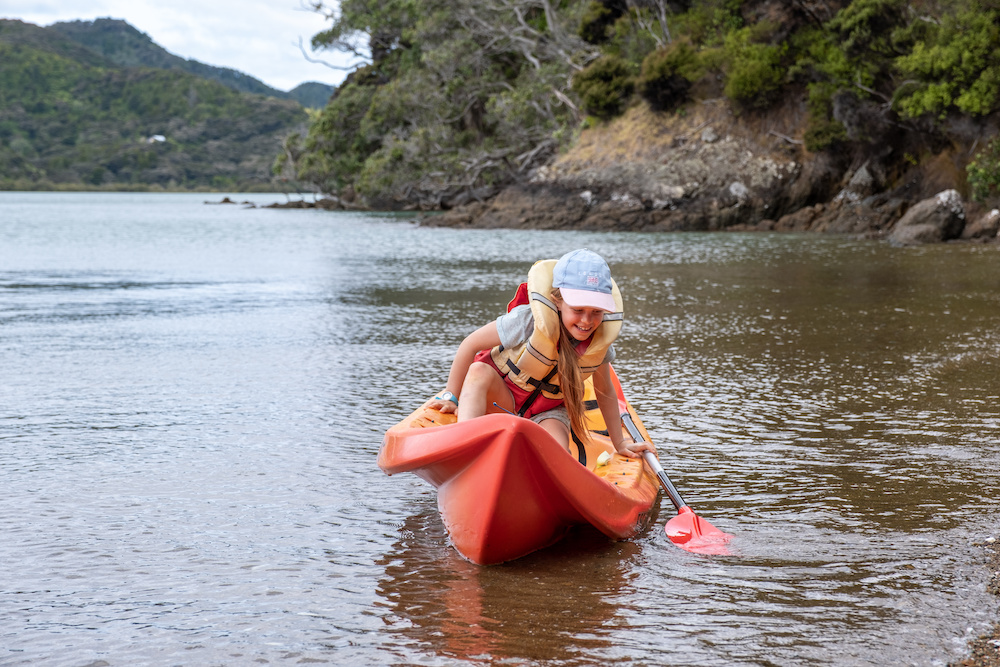 But for fiction, I have, unfortunately read novels with a great premise, awesome characters and an engaging plot, only to be constantly turned off by details I know are wrong. Maybe someone wrote a story set in Boston but never mentions Faneuil Hall, the Ducklings or the Swan boats? Or one set in farm country that included city sewers and water. Sometimes it’s little stuff, like a book I read recently that talked about getting into and out of a kayak like it was a barge. Well, I’ve been in a kayak – they are tippy as hell and there’s a knack for getting in and out, that wouldn’t have taken the author that much researching to learn, even if he’d never done it himself. Revolvers do not leave shell casings behind so a mystery writer who includes them would be scoffed at.
But for fiction, I have, unfortunately read novels with a great premise, awesome characters and an engaging plot, only to be constantly turned off by details I know are wrong. Maybe someone wrote a story set in Boston but never mentions Faneuil Hall, the Ducklings or the Swan boats? Or one set in farm country that included city sewers and water. Sometimes it’s little stuff, like a book I read recently that talked about getting into and out of a kayak like it was a barge. Well, I’ve been in a kayak – they are tippy as hell and there’s a knack for getting in and out, that wouldn’t have taken the author that much researching to learn, even if he’d never done it himself. Revolvers do not leave shell casings behind so a mystery writer who includes them would be scoffed at.
XX
 If you’ve never been on a ranch, but want to write a romance set on one, take the time to either visit one or read about them. If you want to include a real location in your story, then visit the place – best done in person, but with the ease of the internet, then at least visit it that way. Find out what the local teams are that the locals root for. Find out if all kids ride busses or perhaps some still walk to school. Look up the name of the area hospitals, hotels, grocery chains, theaters, the area newspaper, closest airport etc. Places are easy to research and if you have faithful readers who live in those places, they will be very upset to find stuff that doesn’t fit. Google maps makes it a piece of cake to get the logistics, street names, highways, bodies of water and anything else that makes the place real.
If you’ve never been on a ranch, but want to write a romance set on one, take the time to either visit one or read about them. If you want to include a real location in your story, then visit the place – best done in person, but with the ease of the internet, then at least visit it that way. Find out what the local teams are that the locals root for. Find out if all kids ride busses or perhaps some still walk to school. Look up the name of the area hospitals, hotels, grocery chains, theaters, the area newspaper, closest airport etc. Places are easy to research and if you have faithful readers who live in those places, they will be very upset to find stuff that doesn’t fit. Google maps makes it a piece of cake to get the logistics, street names, highways, bodies of water and anything else that makes the place real.
XX
 I did mention, visiting in person was preferable – that’s for a lot of reasons. Some are just the “feel” of the place. I have never been to New Orleans, but if I were ever to write a book set there, I would most definitely spend some time there because everything I’ve read or heard about the city tells me the place has a very distinct vibe. Other times it’s familiarity with things you might not even think about. My contemporary romance series is set in a fictional coastal city in North Carolina roughly between Wilmington and Camp LeJeune. So, I did visit the area for a few days. I drove along the shore and when I saw a man trimming his lawn, I stopped to ask about the tides and the wind etc. Where I grew up in Mass, and later lived, in Maine, the tides were 9 ½ feet between high and low. Here in St Augustine, they are less than 5 feet, so I wanted to know what they were like in this part of North Carolina. Did they get northeast blows very often. How harsh were the winters? The man was happy to chat with me and gave me more information than I’d asked for. Driving by the entrance to the Wilmington airport, I decided to check it out as I’d already written a scene where my hero was waiting for his military wife to arrive, and he watched her legs appear as she
I did mention, visiting in person was preferable – that’s for a lot of reasons. Some are just the “feel” of the place. I have never been to New Orleans, but if I were ever to write a book set there, I would most definitely spend some time there because everything I’ve read or heard about the city tells me the place has a very distinct vibe. Other times it’s familiarity with things you might not even think about. My contemporary romance series is set in a fictional coastal city in North Carolina roughly between Wilmington and Camp LeJeune. So, I did visit the area for a few days. I drove along the shore and when I saw a man trimming his lawn, I stopped to ask about the tides and the wind etc. Where I grew up in Mass, and later lived, in Maine, the tides were 9 ½ feet between high and low. Here in St Augustine, they are less than 5 feet, so I wanted to know what they were like in this part of North Carolina. Did they get northeast blows very often. How harsh were the winters? The man was happy to chat with me and gave me more information than I’d asked for. Driving by the entrance to the Wilmington airport, I decided to check it out as I’d already written a scene where my hero was waiting for his military wife to arrive, and he watched her legs appear as she 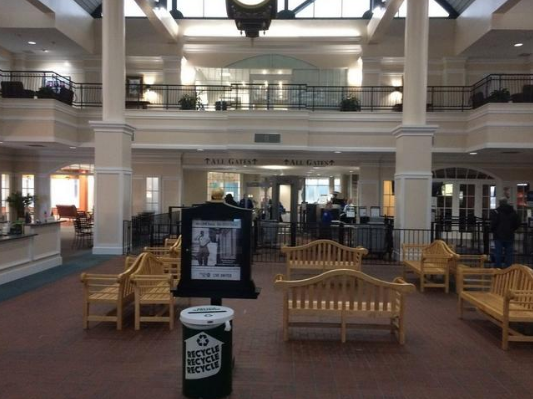 rode down the escalator. Turns out the Wilmington airport does not have an escalator. It’s all on one level. Oops! I’d have had that wrong and certainly someone would have noticed. Since there was no escalator for her to appear on, I walked right up to the exit for the secure area to see as much as I could of what my hero might see while waiting. TSA being what it is, a uniformed officer immediately approached to warn me that I couldn’t go there, so I explained why I had walked right up to the exit, and he immediately explained what it looked like just beyond what I could see. Then he directed me to the information desk where two lovely ladies filled me in with tons of details about the airport, the city, the river, local everything and handed me a fistful of flyers about hotels, restaurants, events, museums, and points of interest. I took a whole extra day checking out the places they told me were not to be missed. It was more than worth that little detour to check out a small airport. And as my series grew from that initial book, I was able to include Wilmington with realistic details because I’d been there. I still used Google Maps and the internet from time to time, but the feel of the small, friendly city was something I’d experienced.
rode down the escalator. Turns out the Wilmington airport does not have an escalator. It’s all on one level. Oops! I’d have had that wrong and certainly someone would have noticed. Since there was no escalator for her to appear on, I walked right up to the exit for the secure area to see as much as I could of what my hero might see while waiting. TSA being what it is, a uniformed officer immediately approached to warn me that I couldn’t go there, so I explained why I had walked right up to the exit, and he immediately explained what it looked like just beyond what I could see. Then he directed me to the information desk where two lovely ladies filled me in with tons of details about the airport, the city, the river, local everything and handed me a fistful of flyers about hotels, restaurants, events, museums, and points of interest. I took a whole extra day checking out the places they told me were not to be missed. It was more than worth that little detour to check out a small airport. And as my series grew from that initial book, I was able to include Wilmington with realistic details because I’d been there. I still used Google Maps and the internet from time to time, but the feel of the small, friendly city was something I’d experienced.
XX
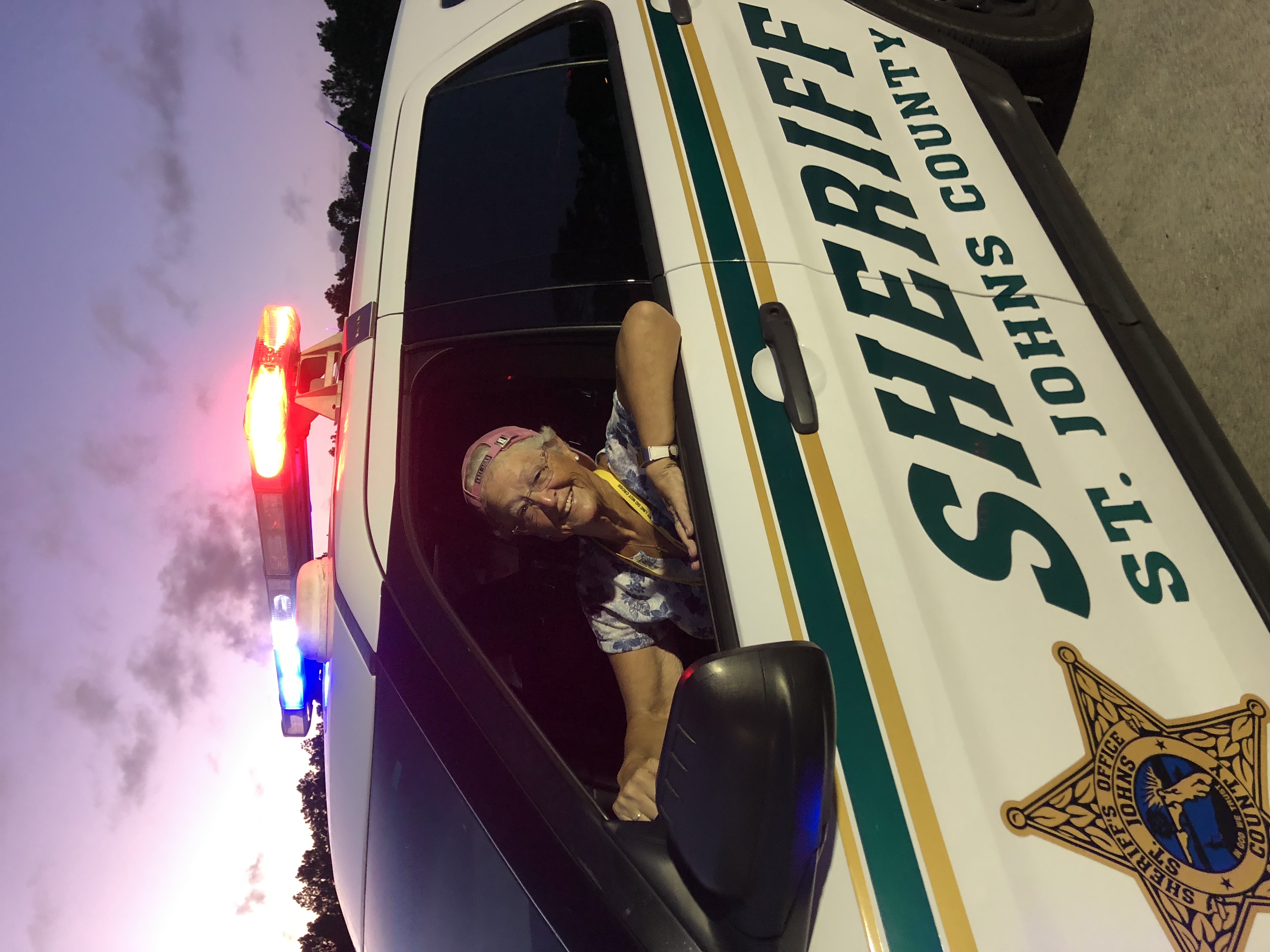 When I set out to write a mystery, I signed up for the Citizen’s Law Enforcement Academy. Not only did I learn a lot, like a zillion times more than you see on TV about how local law enforcement operates, I got to go on ride-alongs with deputies on duty and see with my own eyes, the reality of the job. Not only did this give me ideas for my stories, as well as erase images that aren’t all that realistic, but it gave me access to deputies who were willing to answer any question that came up while I was writing. They tell us to ‘write what you know.’ But unless you only write one or two books, eventually your protagonists need to branch out into other areas of life, work and hobbies. Almost everyone I’ve approached to ask about their jobs or the milieu in which they work has been happy to share and some even let you shadow them. Want to write a teacher? Spend a day or more in a classroom. Visit a museum and follow the docent on their daily round. They are fountains of information. Hang out in an airport, a fire station, the mall or an ER, paying attention to the many different types of employees, how they do their jobs and how the public interacts with them. Some might call it people watching, but it’s really research for a writer looking to get the details realistic and right.
When I set out to write a mystery, I signed up for the Citizen’s Law Enforcement Academy. Not only did I learn a lot, like a zillion times more than you see on TV about how local law enforcement operates, I got to go on ride-alongs with deputies on duty and see with my own eyes, the reality of the job. Not only did this give me ideas for my stories, as well as erase images that aren’t all that realistic, but it gave me access to deputies who were willing to answer any question that came up while I was writing. They tell us to ‘write what you know.’ But unless you only write one or two books, eventually your protagonists need to branch out into other areas of life, work and hobbies. Almost everyone I’ve approached to ask about their jobs or the milieu in which they work has been happy to share and some even let you shadow them. Want to write a teacher? Spend a day or more in a classroom. Visit a museum and follow the docent on their daily round. They are fountains of information. Hang out in an airport, a fire station, the mall or an ER, paying attention to the many different types of employees, how they do their jobs and how the public interacts with them. Some might call it people watching, but it’s really research for a writer looking to get the details realistic and right.
XX
 My first books were written long before the internet existed and much of the research was done in libraries. The internet makes it easy. But even with the internet, librarians can be a major source of finding just the right details to make your fictional worlds come to life. Of course, there can also be a downside to the internet. The first to be wary of is MISinformation. Doublecheck everything. The other for people me, is that it can be like going down the rabbit hole. I can get lost in a dictionary. Just looking up one word, but the page is full of words, and I tend to poke around. My vocabulary grows, but I spend more time there than intended. Which is how researching on the internet works for me. I look up one thing and there are links to dozens of other things, all of which just HAVE to be checked out. Good thing I’m retired, and I can afford to get lost checking out the bottomless pit of links.
My first books were written long before the internet existed and much of the research was done in libraries. The internet makes it easy. But even with the internet, librarians can be a major source of finding just the right details to make your fictional worlds come to life. Of course, there can also be a downside to the internet. The first to be wary of is MISinformation. Doublecheck everything. The other for people me, is that it can be like going down the rabbit hole. I can get lost in a dictionary. Just looking up one word, but the page is full of words, and I tend to poke around. My vocabulary grows, but I spend more time there than intended. Which is how researching on the internet works for me. I look up one thing and there are links to dozens of other things, all of which just HAVE to be checked out. Good thing I’m retired, and I can afford to get lost checking out the bottomless pit of links.
XX
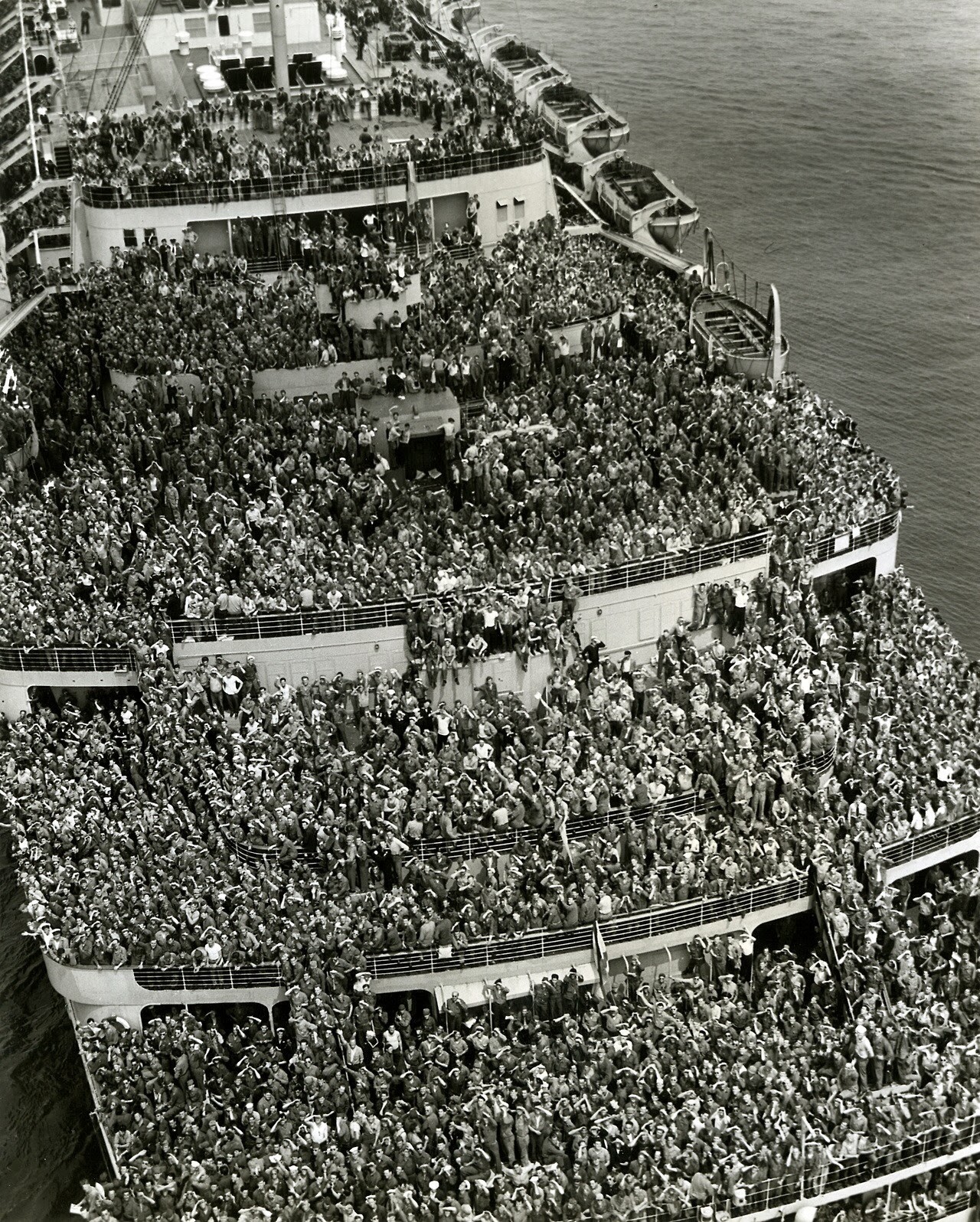 I am currently writing a story, actually two stories intertwined set on Bailey Island Maine. One of the two stories is set current time. I spend several weeks there every summer and I lived in Maine for 20 years, but I still find things I need to check: the name of the assisted living home in nearby Brunswick, or is a particular restaurant open in the winter, what are the hours of the big super Walmart or my favorite local candy story. But the other story is set during WWII. So many little details to check out. I’d seen an image of thousands of soldiers crowding the deck of the RMS Queen Mary bringing American soldiers home when the war in Europe ended. Of course, I wanted to include that in the ending for my story, thus I had to make sure WHAT port that ship came to and when, how many times and how many men would have been aboard. Just an FYI – RMS Queen Mary still holds the all-time record for the number of people ever carried on any vessel: 16,683 souls on board, 15,740 American soldiers and 943 crewmembers.
I am currently writing a story, actually two stories intertwined set on Bailey Island Maine. One of the two stories is set current time. I spend several weeks there every summer and I lived in Maine for 20 years, but I still find things I need to check: the name of the assisted living home in nearby Brunswick, or is a particular restaurant open in the winter, what are the hours of the big super Walmart or my favorite local candy story. But the other story is set during WWII. So many little details to check out. I’d seen an image of thousands of soldiers crowding the deck of the RMS Queen Mary bringing American soldiers home when the war in Europe ended. Of course, I wanted to include that in the ending for my story, thus I had to make sure WHAT port that ship came to and when, how many times and how many men would have been aboard. Just an FYI – RMS Queen Mary still holds the all-time record for the number of people ever carried on any vessel: 16,683 souls on board, 15,740 American soldiers and 943 crewmembers.
XX
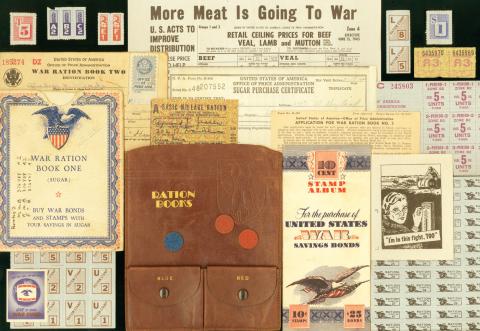 While this story is basically a romance, the hero was a soldier in Europe and his letters were how his story is told. I had to research how long it took letters to reach home or even IF they did. Another neat fact I learned was that early on, the US figured out how to reduce thousands of letters to microfiche and send them home by air, to be recreated in the states and delivered to their respective recipients far quicker than by ship. You see what I mean about the rabbit hole? But I also had to relearn details long forgotten from my history lessons about who, what, where and when things happened in Europe and how much Americans knew at the time. I have a few remaining
While this story is basically a romance, the hero was a soldier in Europe and his letters were how his story is told. I had to research how long it took letters to reach home or even IF they did. Another neat fact I learned was that early on, the US figured out how to reduce thousands of letters to microfiche and send them home by air, to be recreated in the states and delivered to their respective recipients far quicker than by ship. You see what I mean about the rabbit hole? But I also had to relearn details long forgotten from my history lessons about who, what, where and when things happened in Europe and how much Americans knew at the time. I have a few remaining 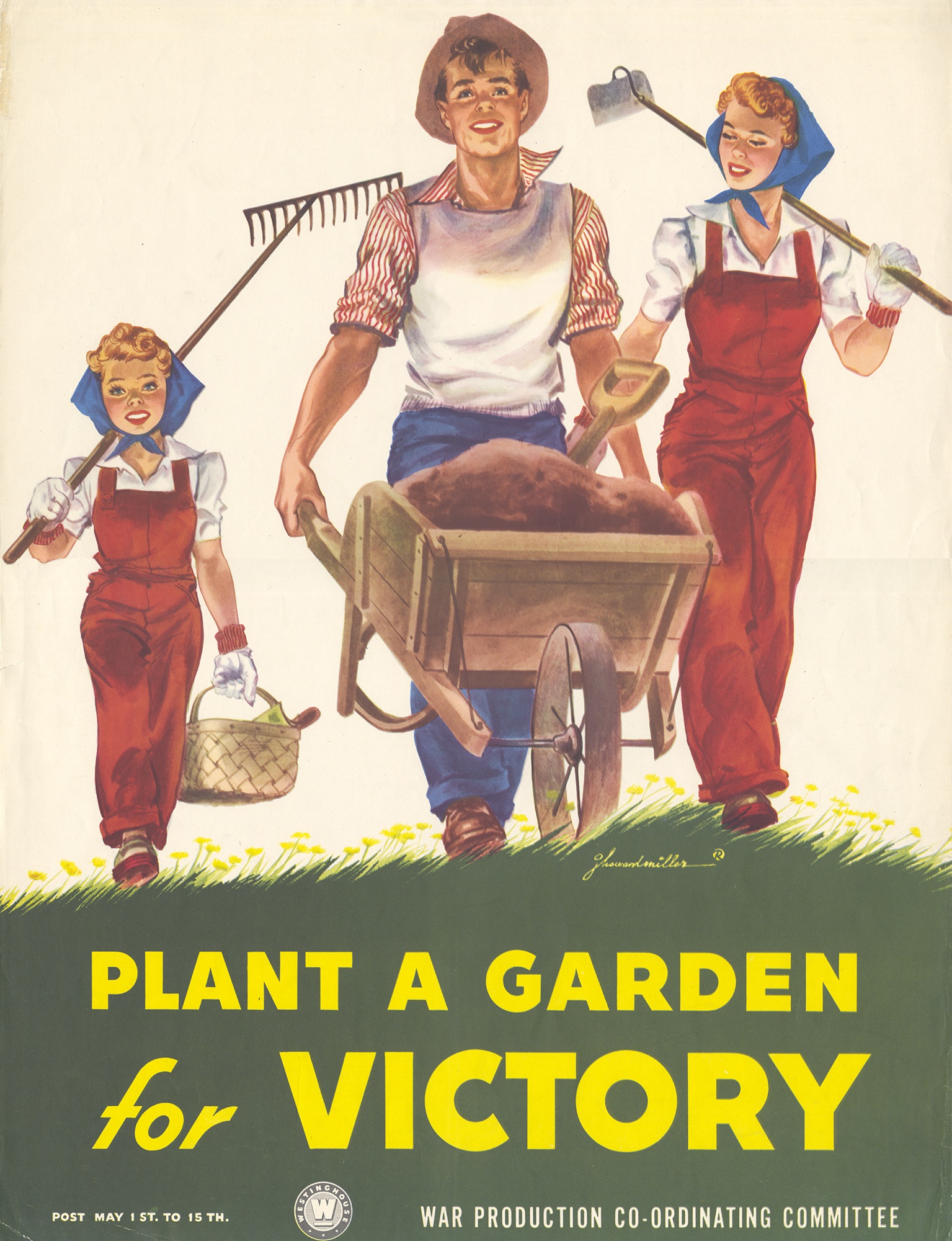 ration stamps in my baby book from after the war (Yes, I’m a baby boomer) so I needed to know more about rationing and life on the homefront. So many details I needed to know to make that story come to life and put my readers into that long ago world. Because my grandmother always called her backyard vegetable plot, her ‘victory garden’ I knew that women planted them, but what else did they do to help the war effort. Because my mom worked in a machine shop while my dad was off in the service, I also knew that for the first time in history, women were taking jobs left behind by the men who went to fight. I did not know that women all over the country were knitting socks and scarves to send to men fighting in the depths of winter or that observation towers were constructed to watch for German U-boats off our shores. It’s obvious that anyone who writes historical novels needs to do the research, no matter how much they think they know, but……
ration stamps in my baby book from after the war (Yes, I’m a baby boomer) so I needed to know more about rationing and life on the homefront. So many details I needed to know to make that story come to life and put my readers into that long ago world. Because my grandmother always called her backyard vegetable plot, her ‘victory garden’ I knew that women planted them, but what else did they do to help the war effort. Because my mom worked in a machine shop while my dad was off in the service, I also knew that for the first time in history, women were taking jobs left behind by the men who went to fight. I did not know that women all over the country were knitting socks and scarves to send to men fighting in the depths of winter or that observation towers were constructed to watch for German U-boats off our shores. It’s obvious that anyone who writes historical novels needs to do the research, no matter how much they think they know, but……
XX
EVERYONE should be researching to get the details right. Your readers care….
XX
Check out the rest of our Round Robin crew to see how they view researching for their writing:
XX
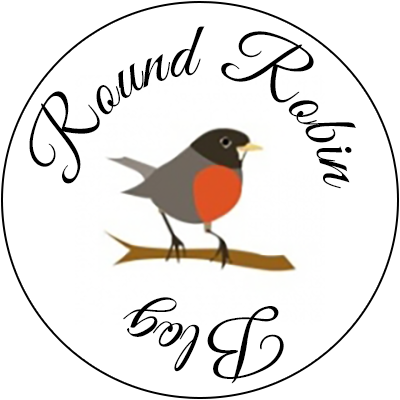 Victoria Chatham
Victoria Chatham
Diane Bator
Anne Stenhouse
Dr. Bob Rich
Connie Vines
Helena Fairfax